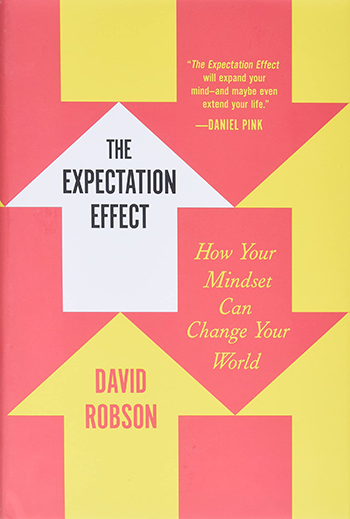During World War II, Henry Beecher, an anesthesiologist serving in the U.S. Army, noticed that 32% of the soldiers he treated for horrific battle wounds felt no pain. A further 44% experienced only slight or mild discomfort, despite the fact they had shrapnel embedded in their bodies. Beecher hypothesized that the euphoria of surviving battle resulted in the release of a natural painkiller. When morphine was running low in Europe, Beecher thought he could harness the mind’s seeming ability to produce natural painkillers in a different way by injecting soldiers who were about to undergo surgery with a simple saline solution, while telling the soldiers they were receiving morphine. About 90% of these patients underwent the surgery with little or no pain.
During World War II, Henry Beecher, an anesthesiologist serving in the U.S. Army, noticed that 32% of the soldiers he treated for horrific battle wounds felt no pain. A further 44% experienced only slight or mild discomfort, despite the fact they had shrapnel embedded in their bodies. Beecher hypothesized that the euphoria of surviving battle resulted in the release of a natural painkiller. When morphine was running low in Europe, Beecher thought he could harness the mind’s seeming ability to produce natural painkillers in a different way by injecting soldiers who were about to undergo surgery with a simple saline solution, while telling the soldiers they were receiving morphine. About 90% of these patients underwent the surgery with little or no pain.
Beecher’s field-expedient placebo treatments would go on to open up decades of research into the power of our expectations. On today’s show, my guest will walk us through that fascinating research, and how the connection between the body and the mind is a lot stronger and wilder than we know.
His name is David Robson and he’s an award-winning science writer and the author of The Expectation Effect: How Your Mindset Can Change Your World. David and I begin our conversation with how and why the brain operates as a prediction machine, and how the expectations it generates can shape the reality we experience. We then discuss how even when someone’s pain or condition is very real, the placebo effect can have an equally real effect on their physiology — even when people know they’re taking a placebo. We also get into the “nocebo effect,” where your expectation that a drug will have negative side effects, in fact produces those side effects. From there we turn to how the expectation effect has powerful results beyond the medical world, and shows up in the areas of sleep, diet, and fitness, including how thinking of doing chores as exercise actually increases the health benefits of that activity, how reframing your anxiety can turn it into a performance-enhancing boost, and how your perception of getting older hugely affects how you will actually physically and mentally age.
